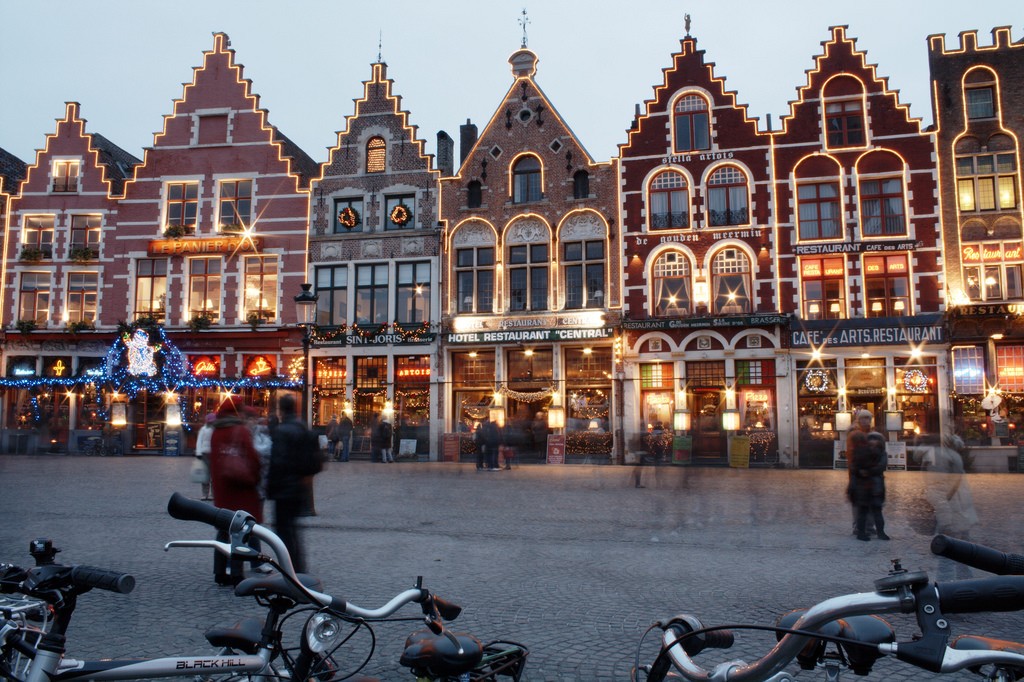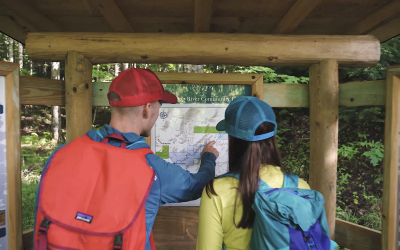Visit Flanders is taking resident opinions about tourism seriously. The Belgian destination management organization (DMO) has released a report written by Vincent Nijs that describes resident perspectives about carrying capacity and the perceived value of tourism in the city of Bruges. Nijs conducted this study as part of his MBA thesis at MODUL University in Vienna.
The Resident Attitudes Towards Tourism in Bruges report begins with a nod to the extreme levels of visitation seen in some European cities like Barcelona, Berlin or Venice, where local uprisings have broken out due to overcrowding: “Worldwide visitor numbers in destinations are growing and even more growth is forecasted in the coming decades. More and more we see negative news about crowding and the pressure on residents.”
Why are resident attitudes toward growth important to Visit Flanders? Nijs says, “As a DMO that focuses on both destination management and destination marketing, we want to anticipate the future issues related to this growth. We are very happy to set up this successful project that looks for the drivers of residents’ tourism support, in cooperation with the Visit Bruges DMO and MODUL University. More projects in cities like Antwerp and Ghent will follow in 2017. These studies are part of a wider project in the DMO on tourism carrying capacity.”
Carrying capacity was also a pressing concern for some who attended our Forum 2016 event, where Visit Flanders participated in discussions on destination development and managing tourism growth in a way that makes lives better for locals, visitors, and industry alike. (Read the results of this collaboration in our whitepaper.)
What did Visit Flanders learn in Bruges?
Proud citizens want to participate
The report identifies a strong correlation between resident support for tourism and being a proud citizen. According to its conclusion, “Proud residents will be better ambassadors.” Residents with a pride of place are likely to perceive tourism positively and desire to be involved in tourism planning.
At the same time, the report shows opportunities to improve community engagement. Though 81% of Bruges residents said that tourism in their city makes them feel proud to live in Bruges, many locals (70%) also felt the need to be involved in tourism planning, and four in ten want to be involved more than they are today. The residents agree that tourism can have a negative impact in Bruges, but 70% of locals state that in general the positive impacts outweigh the negative impacts of tourism. This indicates that most hosts support tourism in Bruges.
Tourism advocacy will help DMOs remain relevant over the long term
“Long-term advocacy will support the healthy growth of tourism in a way that increases quality of life instead of taking it away. That benefits the DMO, because they are the one that can lead that process,” says Destination Think Chief Strategist William Bakker.
Today, involving residents in tourism planning is also important for effective destination promotion, as passionate locals are likely to recommend their destination and share its stories. (See Destination Cleveland’s rebranding for an example.)
In the end, though, the planning process is about the DMO’s long-term relevance to stakeholders.
“Tourism needs community support, and somebody needs to lead that. Not many organizations can fill that gap, but it’s the perfect space for the DMO to enter, because its mandate is to grow tourism. To grow tourism, you need resident support, and you need the right planning. Unmanaged growth leads to negative consequences, but the DMO can manage healthy growth for the destination. That’s an exciting future for the DMO.”
Related reading: Imagine your visitor centre, times 1000. Here’s how Shuswap Tourism enhanced local tourism advocacy.
Featured image credit: Richard Barrett-Small, Flickr










I agreed on to grow tourism, you need resident support, and you need the right planning exploringtourism.com helps you to explore you hobby tourism with us.